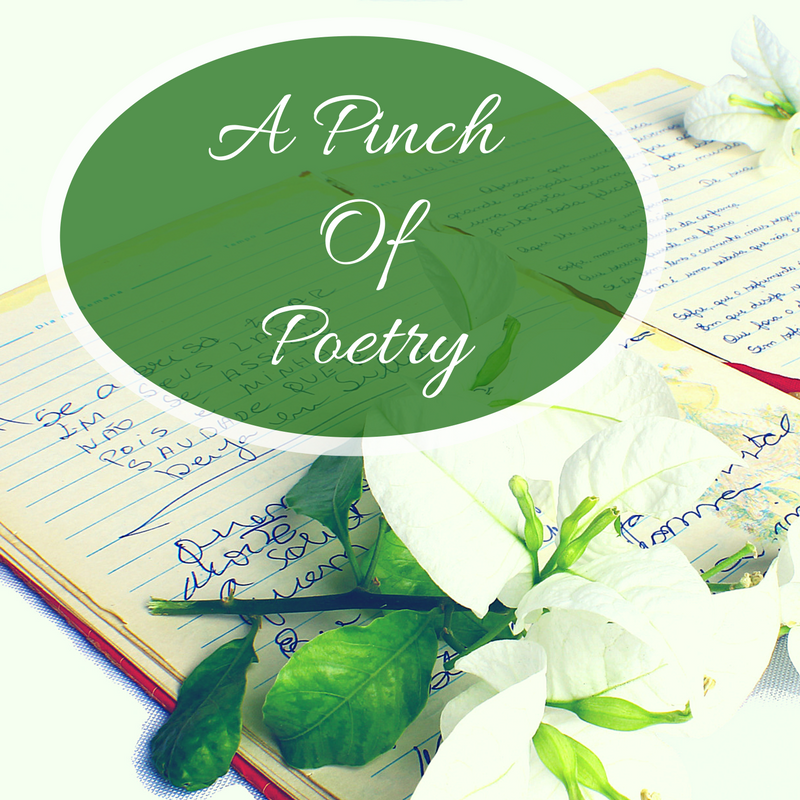One unique attribute of poetry is the way it sounds. Using special techniques, such as alliteration, can bring your poems to life and add musical beauty.
In this series I’m going to explain the different ways you can create sound effects in your poems and why you might want to do that. I’ll be using Edgar Allen Poe’s famous poem “The Raven” as an example. This piece contains multiple sound devices that work harmoniously together to create a musical masterpiece.
Sweet Sounds of Similarity
Alliteration is the repetition of initial consonant sounds. In other words, the beginning sounds of certain words close together are the same. Note that the sound of the word’s first letter is important, not the letter itself. For instance, salad and celery are examples of this sound device even though they don’t start with the same letter.
Note: Typically this device is recognized as the repetition of consonant sounds only. Yet some sources may disagree as to whether alliteration also includes words that begin with the same vowel sound.
Regardless, Alliteration is important because it creates rhythm and is pleasing to the ear. In other words, it adds a musical element to poetry and even helps with memorization.
Consider your favorite song on the radio. I’ll bet you will find alliteration all over the lyrics if you listen closely next time.
The Difference One Device Can Make
Paying attention to the sounds you use in your poetry is essential. You should always select every word with a purpose in mind.
Read the following line from “The Raven” and my revised version. Listen to the difference in each:
“While I nodded, nearly napping, suddenly there came a tapping” (original)
Or
“While I rested, almost asleep, suddenly there came a tapping” (revised)
The first sentence is the way Poe originally wrote the line. Notice how the repeated “n” sounds add a pleasant sound as they roll out of your mouth. It’s actually more difficult on your tongue to read the second sentence. And it doesn’t sound nearly as nice as the original.
Here’s another example:
“Startled at the stillness broken by reply so aptly spoken” (original)
Or
“Upset at the quiet broken by reply so aptly expressed” (revised)
In both of these examples, the meaning is approximately the same, but the effect is dramatically different. Again, the alliterated words in the original line create a beautiful, memorable sound by adding a smooth rhythm to the poem.
And did you notice that alliteration is not used in isolation?
Generally sound devices enhance each other to create the ultimate effect on the reader. Throughout his poem, Poe uses alliteration along with multiple other techniques and devices, which we will explore in future posts.
Paying attention to the sounds you use in your poetry is essential. #poets #poetry Click To TweetCan You Use It?
Now, find a poem you’ve already written, or challenge yourself to write a new one. Examine each line carefully and try to see where you could use alliteration. A thesaurus is very helpful for finding synonyms. Just be sure to only use words that you know well and fit the context of your poem.
Do you have any questions or suggestions for using this sound device? Share them below.



 We love helping your growing in your writing career.
We love helping your growing in your writing career.

4 Comments
This makes so much sense. I love alliteration, but I write non-fiction and had been persuaded to avoid it. But it makes complete sense in poetry. Just another reason for me to read more poetry. Thanks, Heather. You’re helping a non-poet want to become one!
Thank you for your kind comments! Poetry can be really therapeutic. I think alliteration has it’s place in non-fiction, but any technique overused or used ineffectively could ruin it. 🙂
I write poetry as a hobby, fun for me and I hope encouragement for others. thanks!
Thanks for your comments! Glad to hear you use your talents to encourage others.